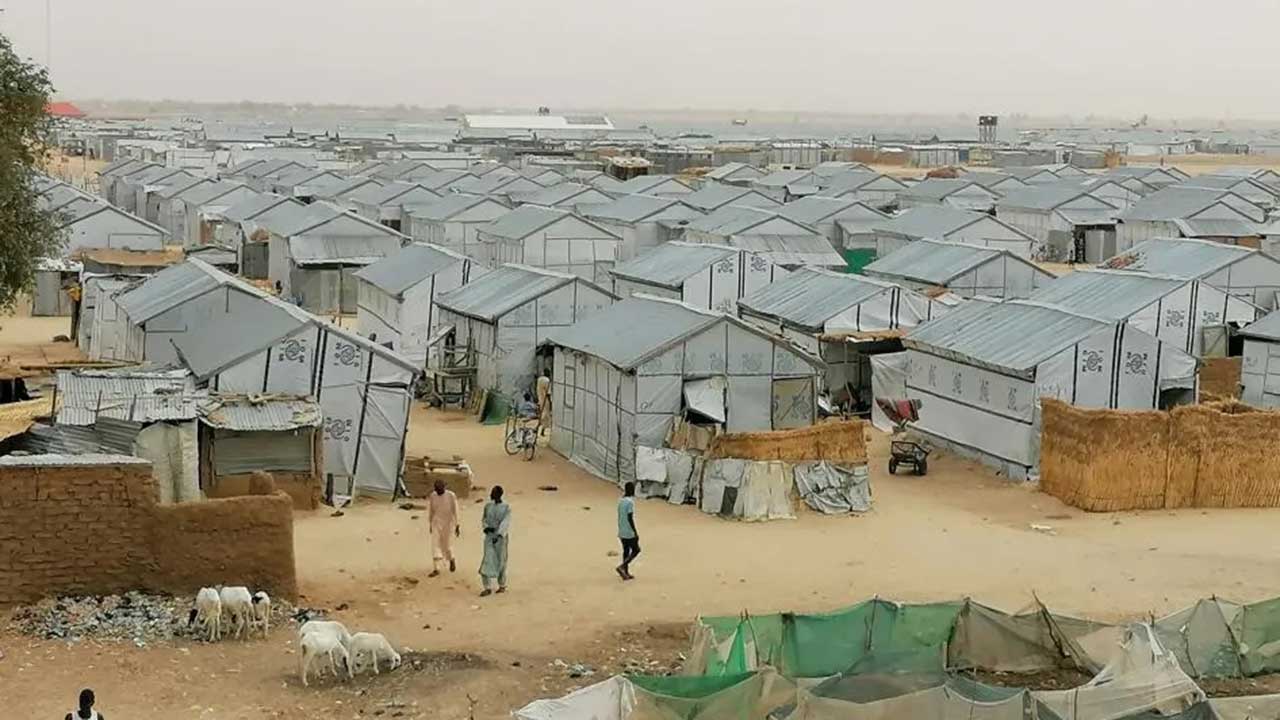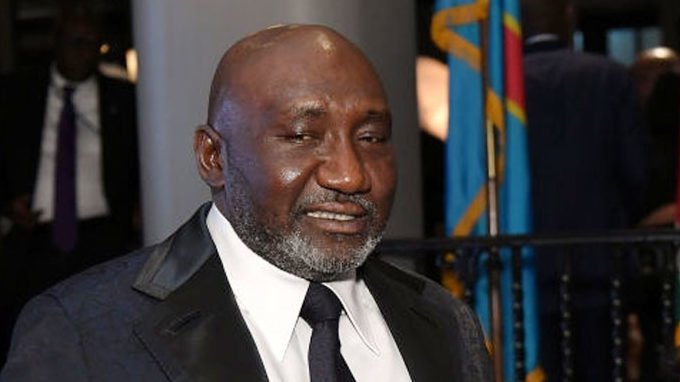Nigeria’s economy is showing renewed momentum, buoyed by rising investor confidence and fresh multilateral financing totalling more than $400 million to support internally displaced persons (IDPs), host communities in the North, and healthcare delivery in Sokoto State.
Speaking after Thursday’s Federal Executive Council (FEC) meeting, chaired by President Bola Tinubu, Minister of Finance and Coordinating Minister of the Economy, Wale Edun, announced that Nigeria had secured a $300 million World Bank credit for IDPs and host communities spread across northern states.
He added that the Council also cleared a $96 million financing package from the Islamic Development Bank and the African Development Bank to deliver the Sokoto Health Infrastructure Project, with the Sokoto State Government providing counterpart funding.
Edun said recent developments reflected growing faith in Nigeria’s reform trajectory. He cited the country’s successful return to the Eurobond market, where a $2 billion offer drew $13 billion in subscriptions, as “a resounding vote of confidence” in the Tinubu administration.
He stressed that all borrowing remained within approved fiscal limits.
The minister expressed optimism that ongoing economic diplomacy led by the President would expand inflows, noting rising foreign interest in aviation and other sectors.
Briefing further on macroeconomic performance, Edun said headline growth had accelerated to 4.2% in the second quarter of 2025, even as inflation moderated to 18%.
He noted that recent monetary and fiscal reforms were easing pressure on households.
According to him, Nigerians now spend about half of their income on essential purchases, down from about 90% before reforms, reflecting greater affordability in food, health services, and transportation.
Edun also highlighted a strengthened investor outlook following Nigeria’s removal from the Financial Action Task Force (FATF) grey list, saying the milestone improves international transaction flows and enhances the nation’s credibility on anti-money-laundering and counter-terrorism financing.
The minister said the National Identity Management Commission (NIMC) had enrolled 125 million Nigerians, giving government the capacity to deliver targeted welfare support through biometric identification.
“With this capability, Mr President can reach those who need financial support quickly and transparently,” he said.
Also briefing newsmen, Minister of the Federal Capital Territory (FCT), Nyesom Wike, said Council approved the design and construction of new official residences for the heads of four federal courts — the President of the Court of Appeal, President of the National Industrial Court, Chief Judge of the Federal High Court, and Chief Judge of the FCT High Court.
Wike said the decision closes longstanding gaps in adequate and befitting accommodation for senior members of the judiciary.
The minister further announced FEC approval to extend potable water supply to Karu, Karshi, and Orozo communities, a follow-through on the President’s earlier commitment at the inauguration of the Greater Abuja Water Supply Scheme. Work has commenced and will be inaugurated upon completion, he said.
He also disclosed that Council ratified emergency rehabilitation work at the Bola Ahmed Tinubu International Conference Centre (ICC), Abuja, following the President’s directive to upgrade the facility ahead of the recent ECOWAS Parliament inauguration.
To accelerate urban development, Wike added that Council re-awarded the long-delayed infrastructure contract for the Maitama II District covering 786 hectares.
Originally awarded about five years ago but stalled, the contract was terminated and reassigned to enable allottees to begin development.
Describing Maitama II as an ambitious undertaking, Wike pledged the administration’s commitment to opening up the district.
“We will give it all it requires to ensure the district is opened up,” he said.






